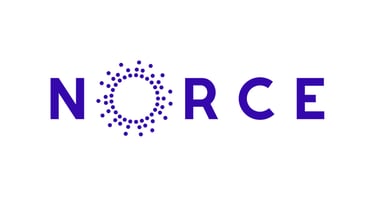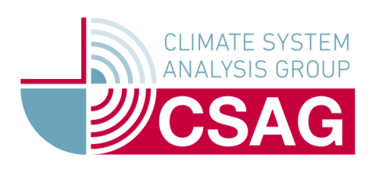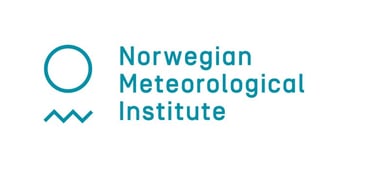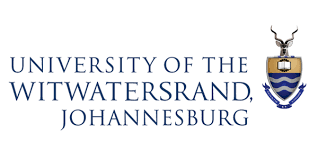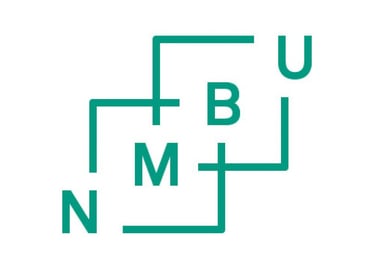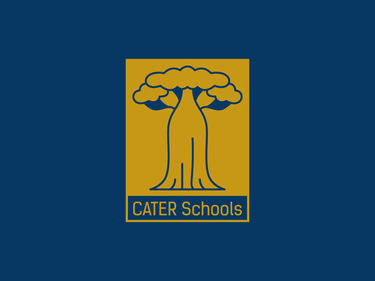About CATER
CATER aims to create world-leading transdisciplinary cooperation for mutual learning between African and European contexts, linking science to action, and building leadership and confidence in students, early-career researchers, practitioners, and businesses on the frontlines of climate action. We are a broad coalition of climate researchers and educators from Norway, France and South Africa, who aim to:
Move science into action and vice versa by developing immersive annual schools focusing on climate action;
Organise annual workshops reaching within and beyond our own communities;
Promote exchanges of students, researchers, and lecturers between countries.
CATER builds on existing collaborations in the CONFER Horizon 2020 project and the Climate Futures centre, in which we co-develop climate services with stakeholders in the private and public sectors in Africa and Norway. But we have come to see the popular notion of climate services, deployed along a linear, international-to-local ‘value-chain’ as misleading and deeply problematic in the roles it assigns to certain groups and the relations it solidifies. Specifically, expertise is attributed to international experts, while local ‘users’ are passive recipients. For climate services to be societally relevant, practitioners and those who will eventually act on the climate information (i.e., the so-called ‘users’), must be involved from the start, thus re-orientating the notion of ‘producers’ and ‘users’. Extended modes of knowledge production, such as the transdisciplinary co-production of climate services could lead to more socially legitimate and context-driven, user-focused, and decision-relevant services, while forging a much needed closer relationship between science and society.
We see that many existing climate services in both Europe and Africa lack social engagement, and this is one of our main motivations. We have observed, first-hand, an urgent need to expand on that knowledge by including deeper engagements with a range of actors including governments, organisations and communities, and actors at the grassroots level. Professionals and practitioners who can bring with them a range of knowledge (local, tacit, and practical) to enhance understanding between the physical, socio-economic, and cultural aspects of climate change and adapting to their societal impacts are in great demand. Indeed, while climate risk governance is different in Europe and Africa, challenges of linking science to action are common, with opportunities for mutual learning in both continents.
CATER revisits the wider shift toward international and transdisciplinary research practices and explores how best to unlock their creative potentials for successful mitigation and adaptation pathways. This means carefully taking stock of, and reorienting, approaches to ‘co-production’ in climate research in Africa and Europe, which are taken-for-granted but rarely done well. By critically embedding these concepts and appropriate methodologies within our learning environments, early-stage researchers, and practitioners, alike, will be better equipped to contribute to climate adaptation and mitigation efforts through sharing their own expertise by deeply listening to and collaborating with scientists and other knowledge-holders working together at the so-called ’producer’ stage.
PARTNERS


